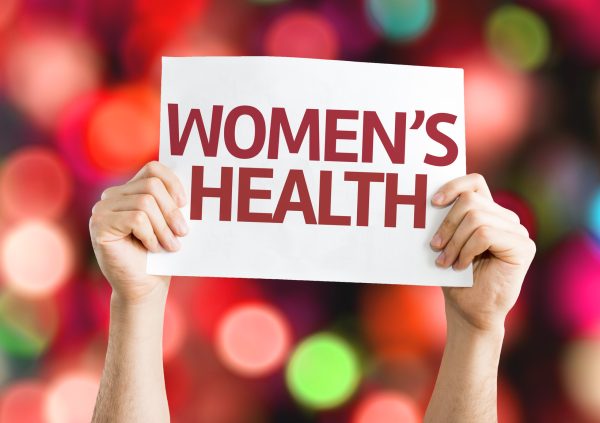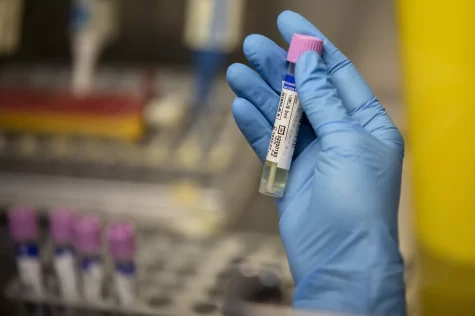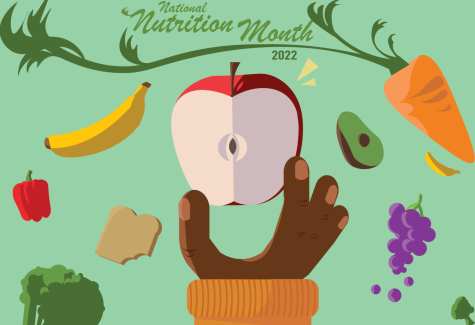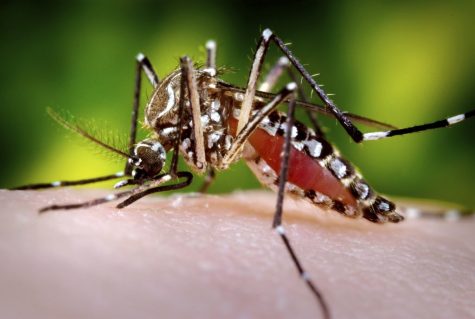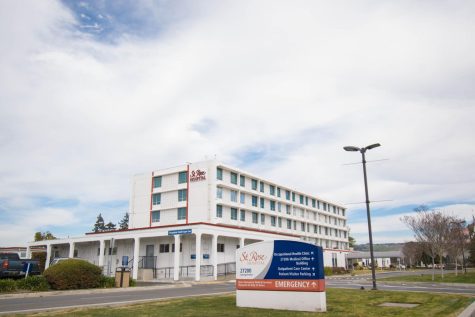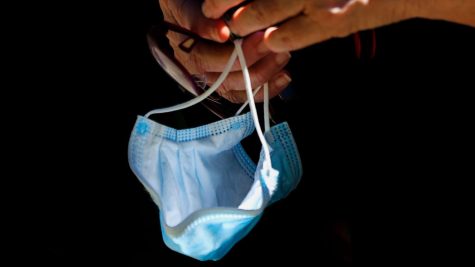Community meeting on the healthcare system
November 7, 2019
Just like beauty and fashion, health and wellness is not a one-size-fits-all. For African-American women in particular, their health concerns and needs differ from other groups which are not always addressed in general health and wellness spaces.
African-American women are more vulnerable to undetected diseases and chronic illnesses than any other group, according to the National Institute of Health. Heart diseases, strokes, Diabetes, Metabolic Syndrome, high blood pressure, and maternal mortality are some of the illnesses and conditions that disproportionately affect Black women.
The National Coalition of 100 Black Women has incorporated educational programs that help provide a safe environment that leads and empowers Black women to seek treatment and live a healthy lifestyle. The high rates of Metabolic Syndrome amongst Black women has encouraged NCBW100 to place it as one of its primary health care concerns in addition to maternal mortality. The Silicon Valley chapter recently organized a “Black Women Talk” event to further discuss and educate their community about the health conditions that affect Black women at higher rates than their white counterparts.
NCBW100 currently has 60 chapters in 50 states with thousands of members who advocate on behalf of Black women and girls to promote leadership development and racial and gender equity. The organization has been addressing these kinds of issues in their community since it was founded in the 1970’s in New York City.
Metabolic Syndrome is a combination of conditions that occur together and increase the risk of heart diseases, strokes, and type two diabetes. Dr. Vicki Wilson, who was a keynote speaker at “Black Women Talk”, explained some of the symptoms associated with the condition which include,large waist circumference, high blood sugar, and fatigue. Having one of the three symptoms does not necessarily indicate having Metabolic Syndrome, and being relatively thin doesn’t necessarily dismiss the chances either.
“It’s not just about being obese, because you can be rather thin and still have disproportionate belly fat. Your doctor might say, your weight is good its 138 lbs but I’m concerned about the belly fat. So many new studies tell us that belly fat is a precursor to so many problems we can develop,” Wilson said to the audience.
Metabolic Syndrome is a prevalent health concern amongst Black women and what NCBW100 hopes to address in its health education programs like “Black Women Talk” is to collect the issues, information, and innovative solutions that will then be submitted as a report to local cities and counties.
“We have several initiatives under public health which include metabolic syndrome, maternal mortality, and mental health,” Aileen Frances Casanave, President of NCBW100 Silicon Valley Chapter, said in an interview. “In our bi-annual, we pass several resolutions that focus on what the NCBW100 has resolved and advocated for. For metabolic syndrome, we have taken a national approach to resolving it, and what that means is that the coalition has assembled a health committee that puts together a presentation that will be presented at our national biennial conference, which they did.”
Casanave also shared her thoughts on what the California Dignity in Pregnancy and Childbirth Act, a bill passed by Governor Gavin Newsom that looks to prevent maternity-related deaths amongst Black women, entails despite its vague language.
“What the law says is that implicit bias training will be provided to health care providers who have a face-to-face relationship with patients,” Casanave said in an interview. “If the law went into how the law would happen you would have a lot of challenges. Yes it might be worded very vaguely, but at the end of the day if the hospitals do not do the bare minimum they will be held responsible.
From its small community meeting to its bi-annual national conference, the NCBW100 most impactful aspect of their programs is helping guide Black women to become advocates for their own health and wellness.
“We have to be advocates for ourselves, and it can be difficult if you don’t know what you’re advocating for. You might know that you have a problem and that something is wrong but you don’t know what it is exactly. Yes, our primary doctors should be the ones who advocate on our behalf, but it seems like more of us have to advocate for ourselves now,” Sabrina-Mone Lamontagne, public policy chair of NCBW100 Silicon Valley Chapter, said in an interview.





![Photo of fentanyl from the U.S. Drug Enforcement Administration (Photo courtesy DEA via Bay City News) [for education purposes only]](https://thepioneeronline.com/wp-content/uploads/2024/03/IMG_4583-600x443.jpg)
